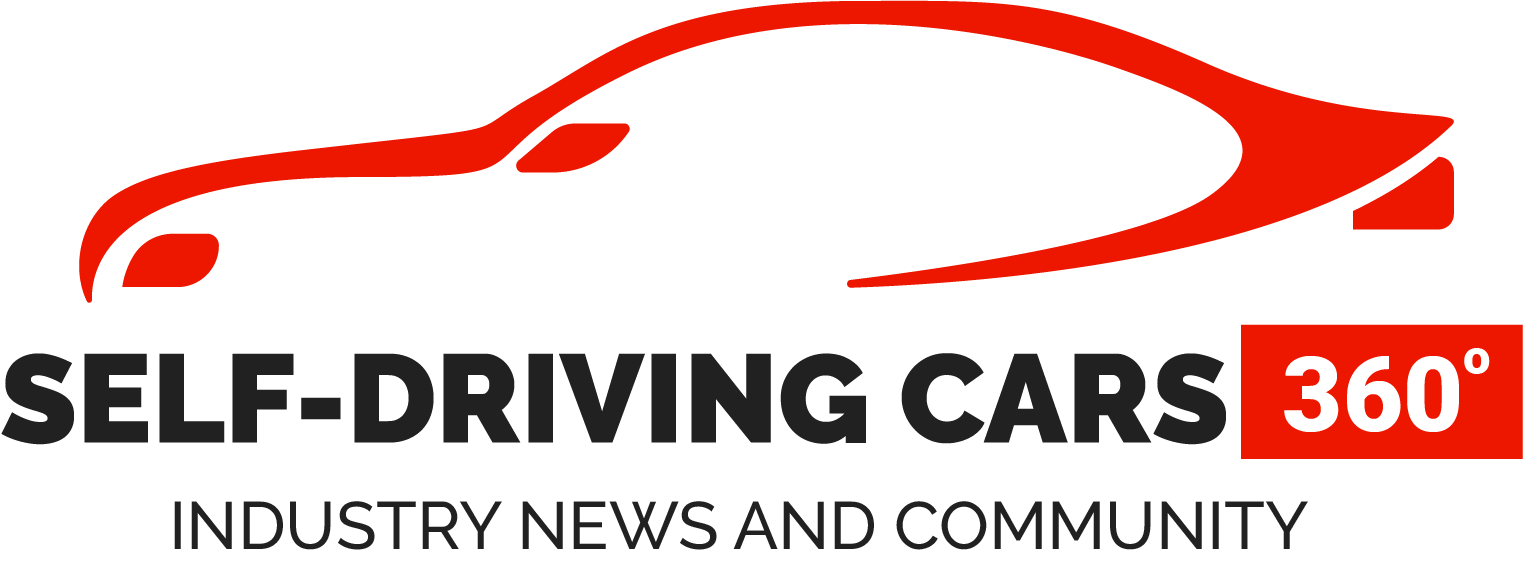The famous question of the ethicist
An example that is often cited in discussions about artificial intelligence: When an Autonomous vehicle in a fraction of a second to decide whether it starts a child running a Red light on the road, despite full braking or with an evasive maneuver, an old man on the pavement approaching, what then? The ethical Dilemma: young life, breaking the rules of the road, against the old life. The mind game, also known as “the Trolley Problem” is known, leads to questions about tricky liability. Who bears the responsibility for the accident: the driver does not intervene, the car manufacturer or the manufacturer of the control software?
The example shows in a drastic way, the Problem that we encounter in the future, when computers instead of people to make decisions. The constructed case, however, no “good” choice and don’t like to enlarge some of the skepticism about the technique, because it is perfect. But it was the man? The essential question for the safety of Autonomous driving is not whether accidents can be completely avoided, but whether it is under the dash-thanks to technology, fewer accidents.
Many questions are still open
Ethical Considerations arising from scientific progress, are not new. We know, for example, from genetic engineering. How far should we be allowed to in the genetic material of crops to intervene in order to protect them against pathogens? Or where the limit of the prenatal diagnosis is to detect human genetic diseases at an early stage? We have already tried in the past to keep up with the development step and the rules for socially accepted dealing with the respective technologies.
The use of large amounts of data, and the spread of AI applications, however, leads to a new relationship between man and machine and new questions: How do we protect the individual in his privacy? How do we ensure that self-learning to trade Algorithms fairly without discriminating against certain groups of people? And we can realize the full potential of Autonomous systems, but their abuse be prevented?
Switzerland as an intermediary
In recent years launched many initiatives for ethical guidelines. A study of the ETH-bioethics, Catholic University Effy Vayena worldwide on a total of 84 documents, the search for common principles in dealing with artificial intelligence. It does so, but the interests of IT companies, academia, governments and civil society are not, of course, identical. Nevertheless, it is right and important that this discussion is taken forward with the involvement of as many stakeholder groups. Such rules should ensure that the technology in the service of the people instead of Vice versa. On the other hand, these rules ought to Express, but also no technology bans and innovations stalling. In these core questions, a global consensus is required. And to achieve such, it takes time, multilateral talks and a neutral stage. A case for Switzerland?
Source: www.kxan36news.com




GIPHY App Key not set. Please check settings